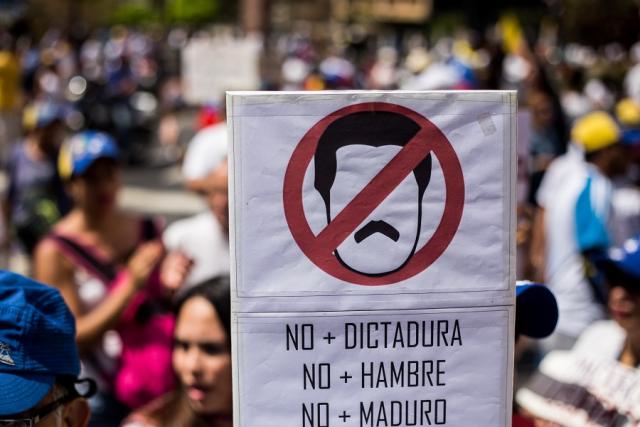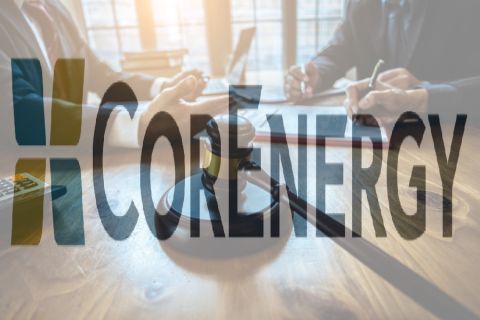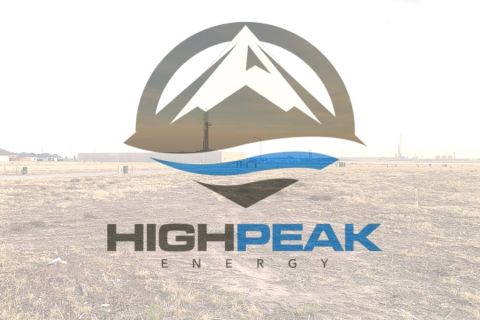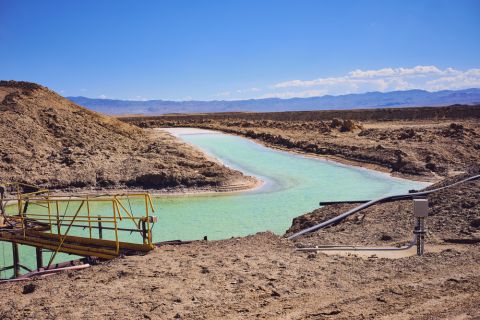
The legislation seeks to ensure that the easing of U.S. sanctions on Venezuela comes only after President Nicolas Maduro has taken steps to restore democratic norms. (Source: Ruben Alfonzo/ Shutterstock.com)
The introduction Dec. 20 of the Venezuelan Democracy Act by two Republican lawmakers aims to ensure Washington doesn’t get burned by promises coming from Caracas.
The bill, introduced by U.S. Senators Marco Rubio (R-FL) and Jim Risch (R-ID), is in response to recent policy concessions to the Maduro regime by the administration of U.S. President Joe Biden.
“The bill would require the president to certify that Venezuela has made tangible steps toward re-establishing democracy and the rule of law before lifting U.S. sanctions on the [Nicolas] Maduro narco-regime,” according to details published Dec. 20 in a statement on Rubio’s personal website.
“Following a series of concessions from the Biden Administration to the criminal narco-regime in Venezuela, we must reaffirm our commitment to prioritize a designated date for free and fair presidential elections for a democratic transition of power and the full respect for human rights of the Venezuelan people,” Rubio said in the statement, referring to a recent concession granted to Chevron Corp.
In late November 2022, the U.S. Office of Foreign Assets Control (OFAC) issued Chevron General License No. 41, which authorizes the oil giant to produce and lift petroleum or petroleum products produced by its joint ventures in Venezuela.
RELATED: Column: Much Ado About Venezuelan Sanctions
The easing of sanctions comes as Maduro’s government has agreed to commence negotiations in Mexico City with Venezuela’s opposition factions in an attempt to solve to the country’s long-running political stalemate.
Washington’s stipulated “free and fair” elections have long been a key aim of the negotiations in Mexico. But, the easing of sanctions prior to Venezuelan presidential elections slated for 2024 has not been well received by many U.S. lawmakers or Venezuelan exiles across the U.S.
The U.S. and other countries around the world deemed the Venezuelan presidential election of 2018 as fraudulent and continue to view Maduro’s government as non-democratic.
Key components of the act seek to:
- Maintain current sanctions until there is a transition to democracy;
- Block Venezuela’s memberships in the Organization of American States (OAS), inter-American Development Bank (IDB) and International Monetary Fund (IMF);
- Allow U.S. humanitarian aid but block foreign assistance from countries backing Maduro’s regime or any non-democratic successor;
- Assess whether Maduro’s regime is deemed a foreign terrorist organization; and
- Establish a U.S. policy toward a transition government.
“As I’ve said before, any change in U.S. policy toward Venezuela must be contingent on a transfer of power from the Maduro regime to a democratically elected government,” Risch said. “As such, my legislation would condition the removal of U.S. sanctions on the Maduro regime on a standards-based transition to democratic order in Venezuela.”
Recommended Reading
CorEnergy Infrastructure to Reorganize in Pre-packaged Bankruptcy
2024-02-26 - CorEnergy, coming off a January sale of its MoGas and Omega pipeline and gathering systems, filed for bankruptcy protect after reaching an agreement with most of its debtors.
Baytex Prices Upsized Private Placement of Senior Notes
2024-03-15 - Baytex intends to use the proceeds to pay a portion of outstanding debt on its credit facilities and general corporate purposes.
Jerry Jones Invests Another $100MM in Comstock Resources
2024-03-20 - Dallas Cowboys owner and Comstock Resources majority shareholder Jerry Jones is investing another $100 million in the company.
HighPeak Energy Authorizes First Share Buyback Since Founding
2024-02-06 - Along with a $75 million share repurchase program, Midland Basin operator HighPeak Energy’s board also increased its quarterly dividend.
M4E Lithium Closes Funding for Brazilian Lithium Exploration
2024-03-15 - M4E’s financing package includes an equity investment, a royalty purchase and an option for a strategic offtake agreement.






